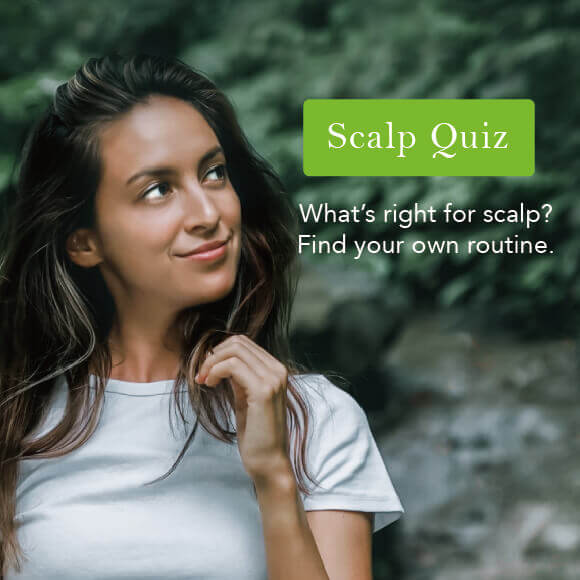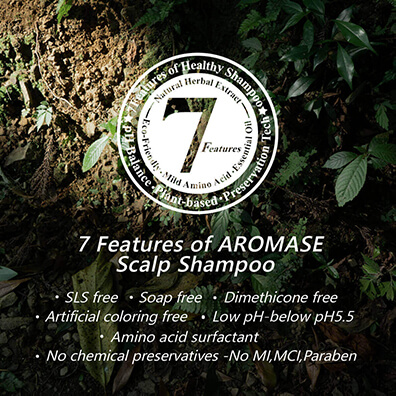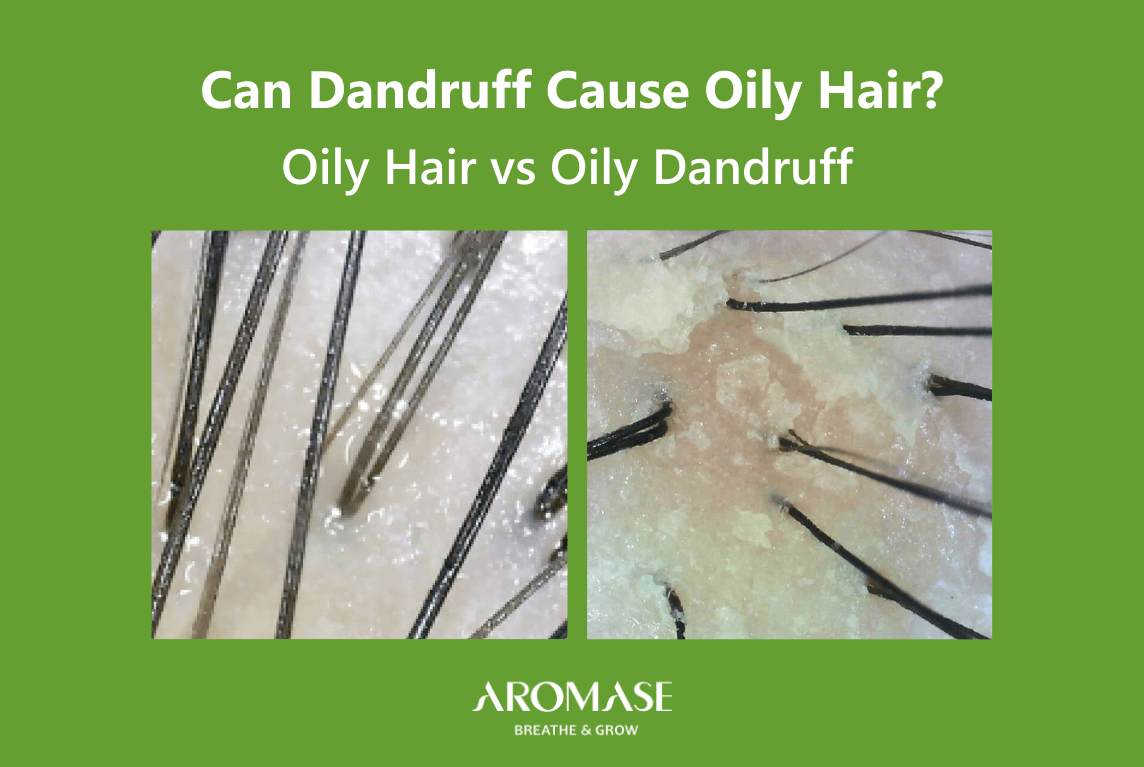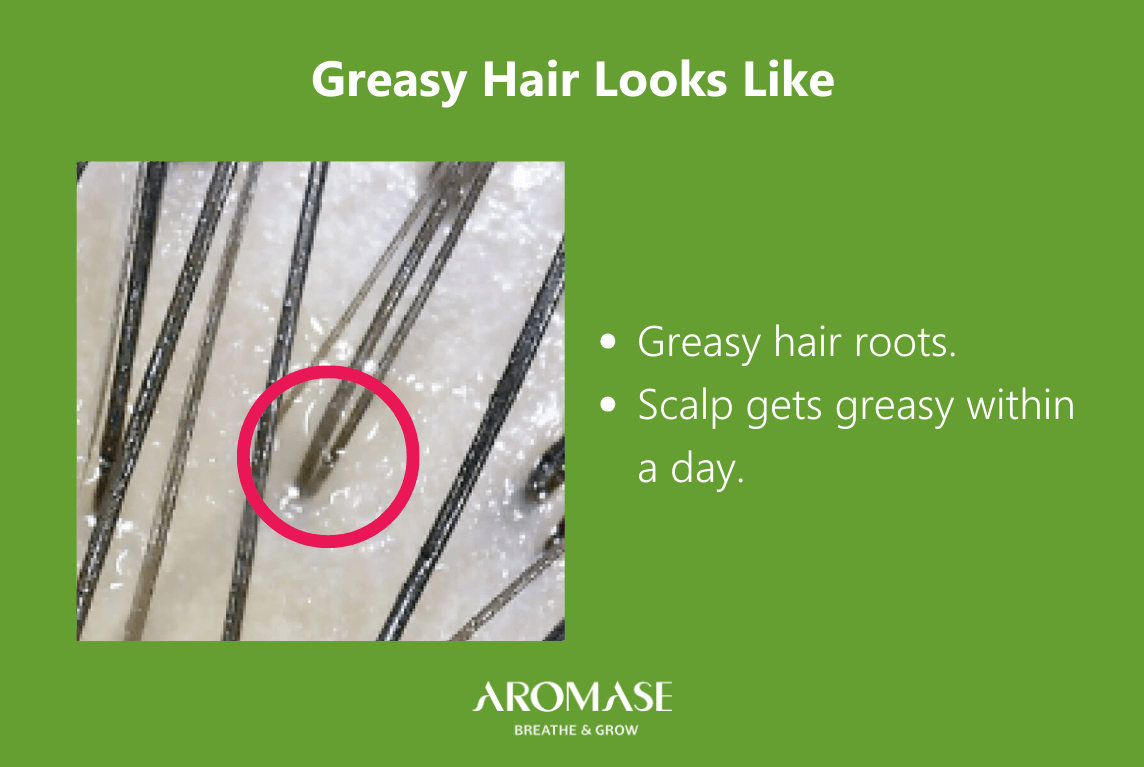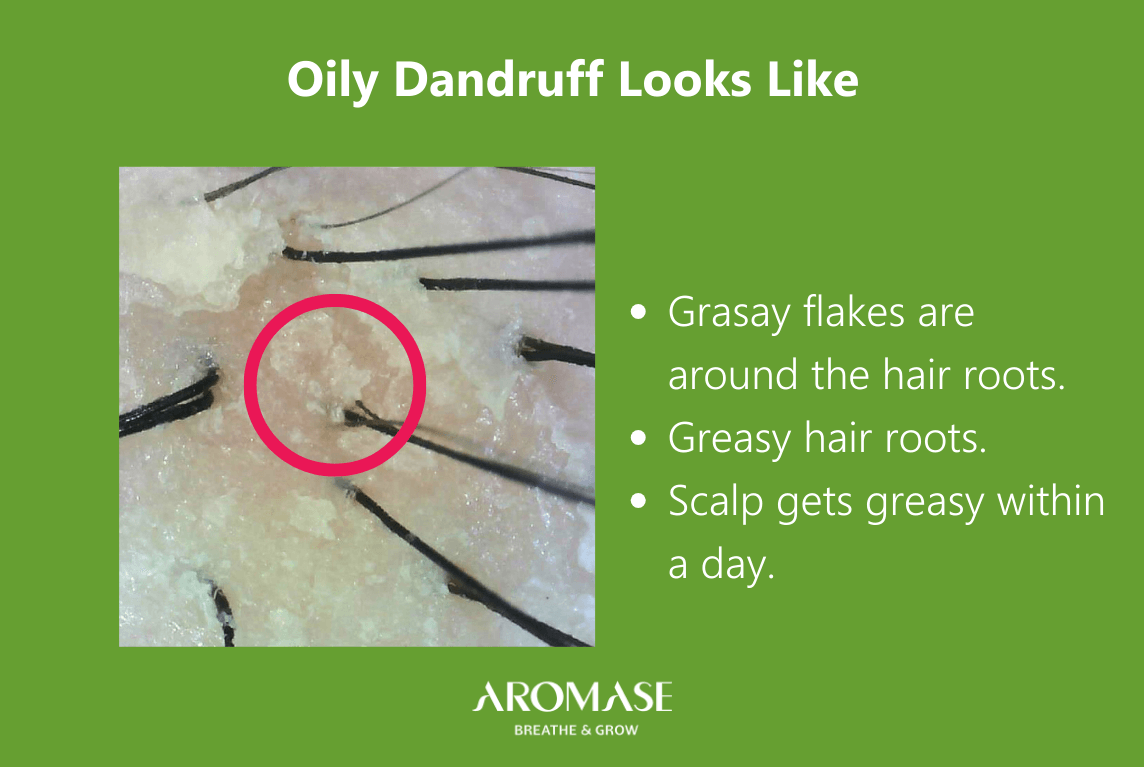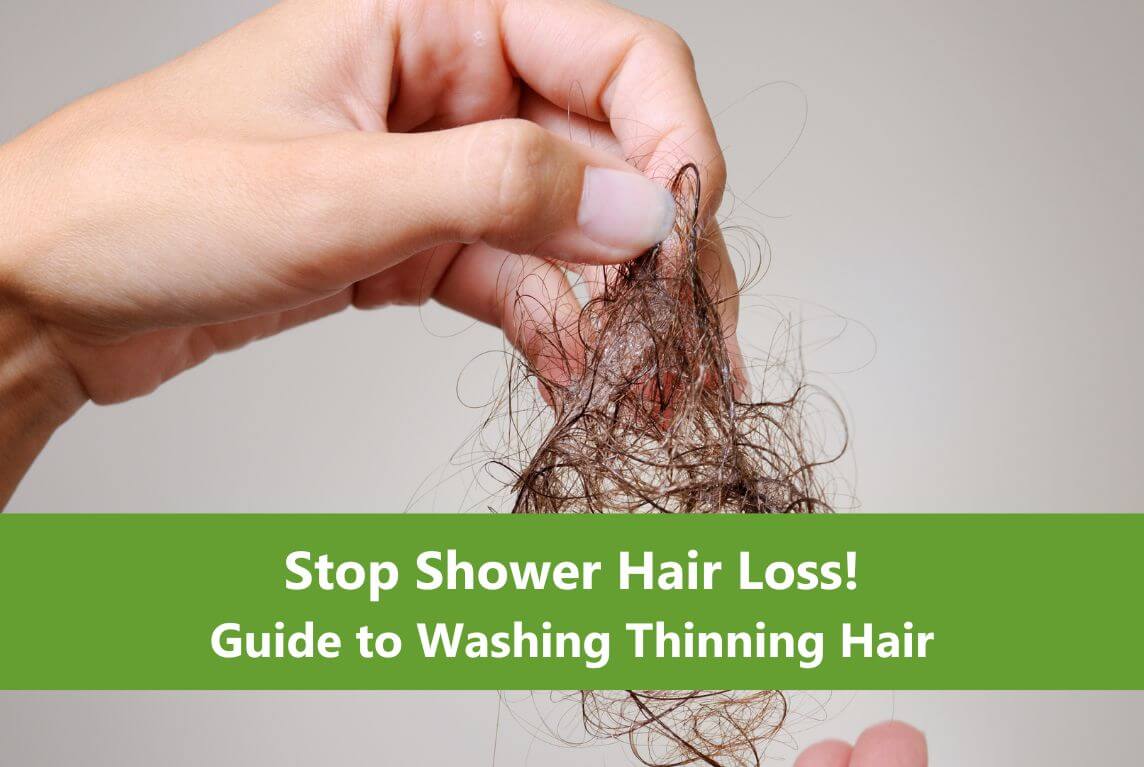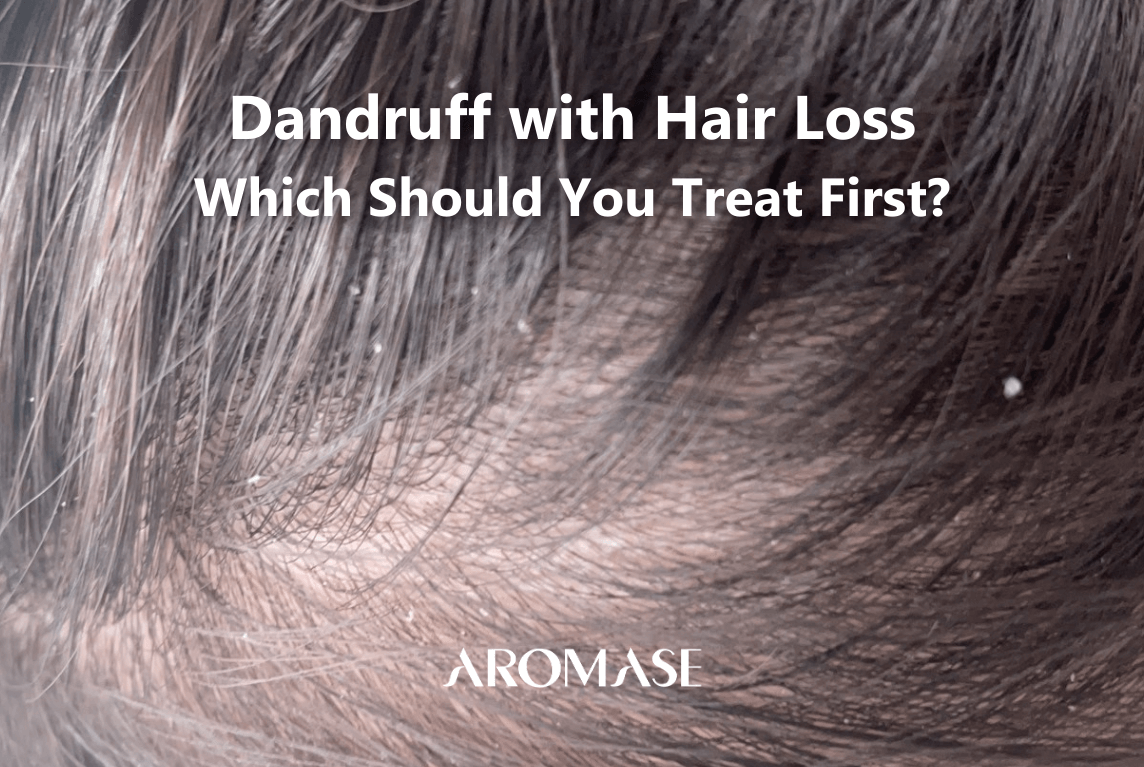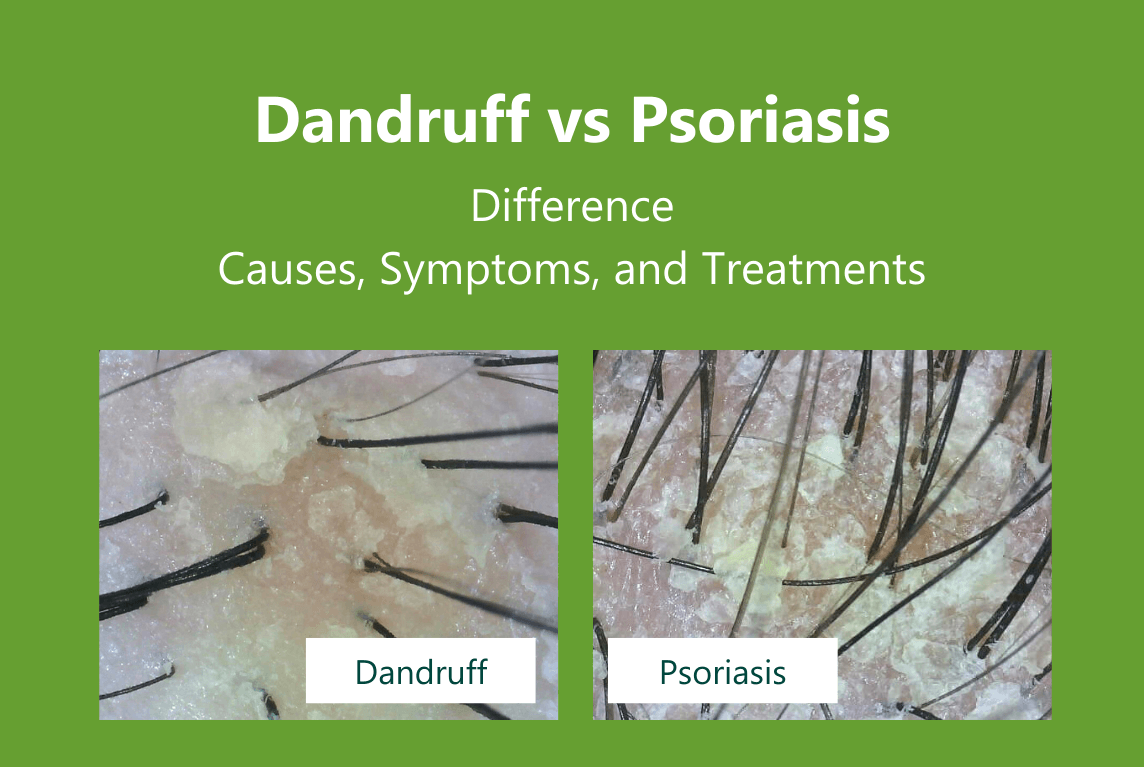Understanding Dandruff and Oily Hair
Before we address the connection between dandruff and oily hair, it’s essential to understand what each condition entails.
Dandruff, a common scalp condition, results from shedding dead skin cells, often seen as white flakes. It can cause itching and irritation. Contrary to the myth that it’s only due to dryness, dandruff can also stem from fungal infections, sensitivity to hair products, or excess sebum production. ( Learn more about 2 types of dandruff )
Oily hair happens when the scalp produces too much sebum, which can make hair look greasy and heavy, often needing regular washing to keep it looking clean.
Connection Between Dandruff and Oily Hair
Let’s address the burning question: can dandruff cause oily hair? The answer is both yes and no.
Yes, dandruff can contribute to the appearance of oily hair in some cases. When dandruff affects the scalp, it can become inflamed and irritated. This inflammation can cause the sebaceous glands to produce more sebum, resulting in greasy hair. Also, dandruff flakes can trap oil, making the hair look even oilier.
No, it’s crucial to note that dandruff itself is not necessarily the cause of oily hair. Instead, it’s often the underlying factors contributing to dandruff, such as fungal infections or sebum overproduction, that can lead to both dandruff and oily hair simultaneously.
Oily Hair Looks Like (Scalp Microscope Picture)
- Greasy hair roots
- Scalp gets greasy within a day
Oily Dandruff Looks like (Scalp Microscope Picture)
- Greasy flakes are around the hair roots
- Greasy hair roots
- Scalp gets greasy within a day
- learn more about the root of oily dandruff
Managing Oily Hair and Dandruff Together
Microscopic analysis of the scalp reveals that both conditions present with greasy hair roots, which become oily within a day. If you’re having the challenges of both dandruff and oily hair, there are some tips for you:
- Use an anti-dandruff shampoo: Opt for shampoos specifically designed to combat dandruff. While some users have reported that medicated shampoos can strip the scalp, an herbal-based anti-dandruff shampoo would serve as a suitable long-term solution for your scalp care needs.
- Wash your hair regularly: Shampoo every day! For oily scalp types, regular washing removes excess oil, dirt, and dandruff flakes from your scalp and hair. (Not sure what your scalp type is? Take scalp quiz)
- Avoid using dry shampoo: While dry shampoo can be a lifesaver for those with oily hair, it can worsen dandruff by clogging the pores on your scalp. If you must use it, ensure you shampoo thoroughly afterward.
- Maintain a healthy scalp: Regular scalp deep cleansing can reduce dandruff and regulate scalp sebum secretion which can balance the oily hair. Unlike regular shampooing, it removes scalp buildup and product residue that normal shampoo can’t.
- Seek professional advice: If dandruff and oily hair continue despite home remedies, consider seeing a dermatologist or trichologist for personalized advice. They can pinpoint the cause of your scalp problems and offer targeted solutions.
